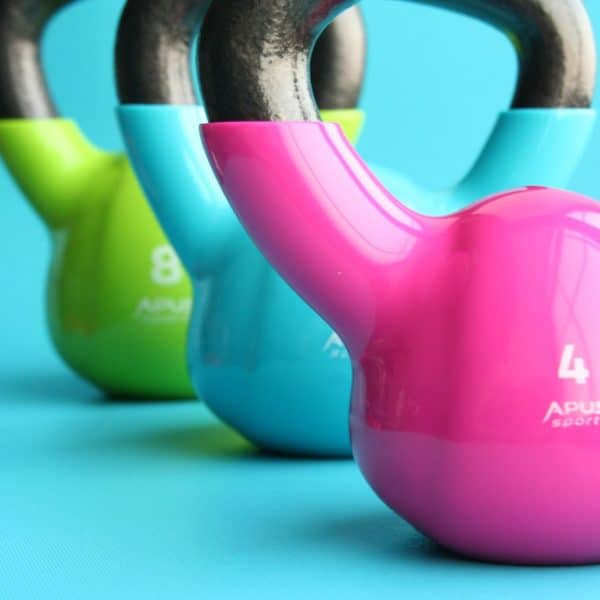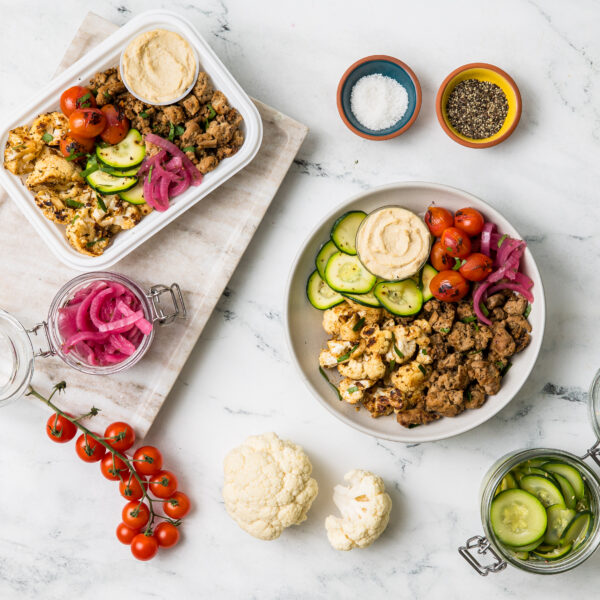Did you know that 95% of the serotonin in your brain comes from your gut? In this blog, learn how your small intestine works to break down foods, and what to do if it’s a little leaky.
The digestive system: 101
The gastrointestinal (GI) tract, the gallbladder, liver, and pancreas are what make up your digestive system. The GI tract is a group of hollow organs including the mouth, esophagus, stomach, small intestine, large intestine, and anus.
All of these organs come together to digest food and liquid with the help of nerves, hormones, bacteria, and blood. Digestion is a fascinating and important process, taking your food and drink and turning it into nutrients such as proteins, fats, carbohydrates, and more. Nutrients are then absorbed by the body and get turned into energy, help with muscle growth, and can even repair cells.
The hollow organs of the GI tract and the solid ones that make up the rest of the digestive system all have their individual, important roles. But the star of today’s show is the small intestine – made up of the duodenum, the jejunum in the middle, and the ileum at the end – and how it works to absorb nutrients.
Digestion in the small intestine
The small intestine is where pretty much all of the chemical digestion occurs. To do its part in the digestive process, the small intestine uses its muscles to mix food with the digestive juices that come from the liver, pancreas, and intestine. It then takes this mixture and pushes it onward for more digesting through a process called peristalsis. As the waste products get pushed to the large intestine, the walls of the small intestine work on absorbing the water and digested nutrients right into your bloodstream.
Breakdowns that take place in the small intestine include:
- Proteins are turned into small peptides and amino acids
- Fats become fatty acids and glycerol
- Water and water-soluble vitamins become absorbed by diffusion
What is a leaky gut?
Some people may experience a leaky gut due to an unhealthy gut lining that may have cracks or holes. This could potentially allow for toxins and partially digested food to seep into the tissues below, possibly causing inflammation. The best way to battle a leaky gut is to focus on eating a healthier diet, specifically avoiding foods that are known to trigger inflammation.
How to improve poor absorption
There are many reasons why you might have poor absorption of nutrients in your GI tract. Some people may have a genetic predisposition that is the root of the problem, but other potential factors include:
- Heavy alcohol use and stress
- Celiac disease
- Modern American diet of low fiber and high sugar
- IBS
- Crohn’s disease
To improve poor absorption, there are some different methods that you can try.
Increase Vitamin C intake
If you eat a lot of plants or drink a lot of tea and coffee, Vitamin C can be exceptionally helpful in improving your nutrient absorption.
Increase probiotic intake
Certain probiotics can help increase the utilization of protein and other useful nutrients.
Try a high fiber diet
Try to incorporate foods that are high in fiber, or take a fiber supplement each day.
Eat slowly
This one is easy enough – chewing slowly helps to fully break down food and activate enzymes in your mouth.
Improve sleep quality
Get a good night’s rest: Good sleep seems to fix most problems, and certainly can be helpful when it comes to properly absorbing nutrients during digestion.
Add some spice
Turmeric can be a great anti-inflammatory. Piperine, otherwise known as black pepper, has been shown to increase turmeric’s absorption by as much as 2,000%.
Heal your gut
Trial an elimination diet (we love Whole30!) to remove potentially inflammatory foods from your diet. After 4-6 weeks, you can reintroduce foods one by one to see how they impact you. Nutrients like l-glutamine, gelatin, and collagen can also help rebuild the gut lining. You can supplement with them in powder form and find them in foods like bone broth.
Digestive problems are never fun, which is why it’s important to be mindful of what you’re putting into your body! By sticking with a balanced diet of foods that are high in nutrients, vitamins, and fiber, you’ll be able to keep your gut happy and healthy. Snap Kitchen has a wide variety of chef-prepared meals that already have the nutrients and vitamins you need – all you need to do is enjoy! What gut-healthy Snap meal will you be trying next?





Leave a Reply
No Comments